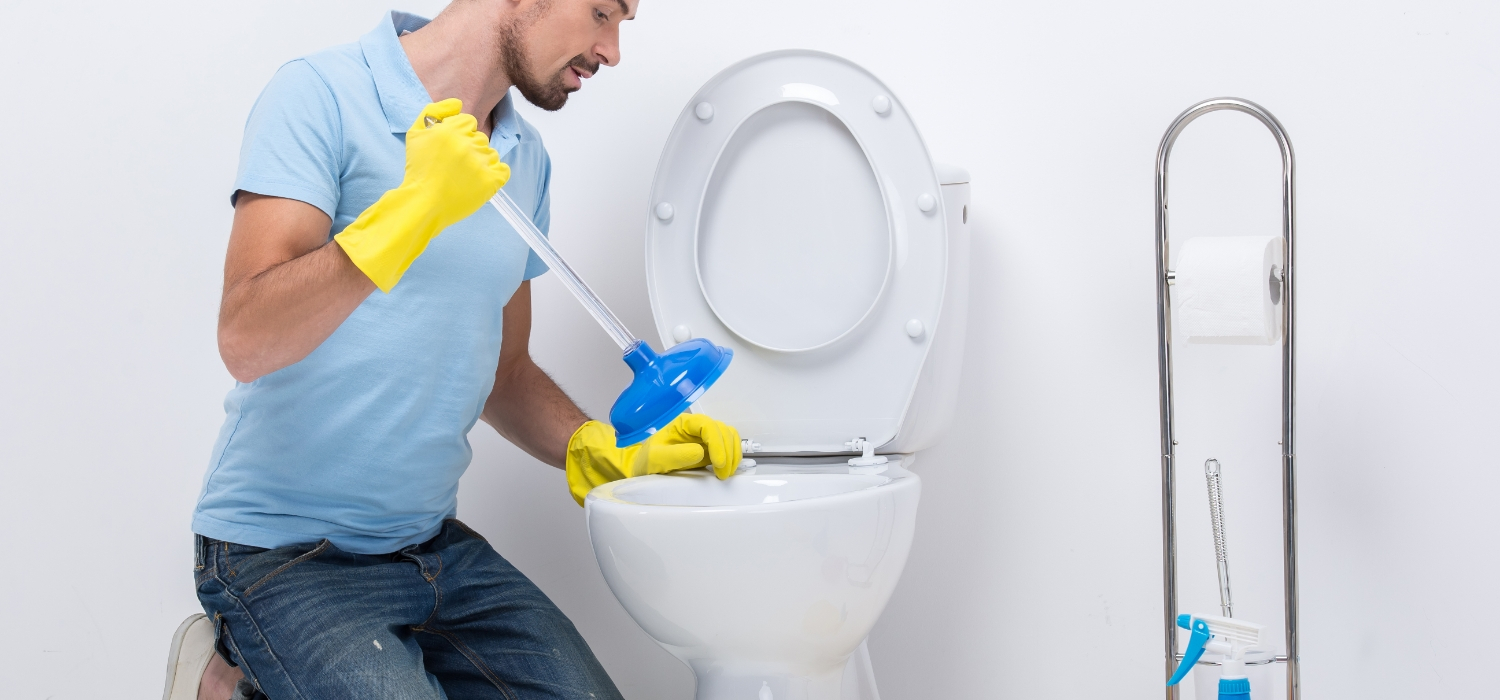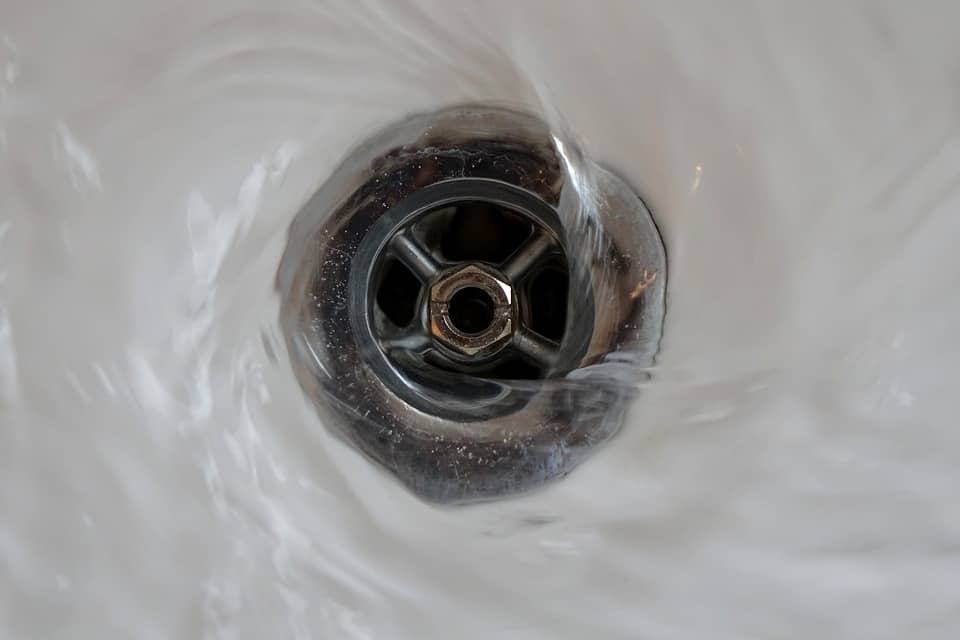We have encountered the article on What I learned from trying to deal with a clogged drain down the page on the internet and reckoned it made sense to relate it with you on my blog.

Introduction
Dealing with a blocked drain can be an irritating experience, interrupting everyday activities and possibly triggering damage to your building. Nevertheless, before connecting to pipes professionals, there are steps you can take to address the concern on your own. In this guide, we'll explore DIY services and safety nets to deal with a blocked drain efficiently.
Recognizing the Issue
The initial step in addressing an obstructed drain is identifying the signs. Sluggish drainage, gurgling audios, foul odors originating from drains, or water backing up are common signs of an obstructed drain. Determining these indicators early can help prevent even more complications.
Typical Root Causes Of Obstructed Drains
Understanding the factors that add to drain pipes obstructions is essential for effective resolution. Common wrongdoers include hair, soap residue, grease, food particles, and foreign items like hygienic items or paper towels. Tree roots attacking underground pipes can also trigger substantial blockages.
DIY Solutions
For minor clogs, several DIY solutions can be reliable. Pouring boiling water down the drain can help liquify grease and particles. Baking soda and vinegar or a mix of salt and baking soft drink can work as natural cleaners. Making use of a bettor or pipes snake to remove obstructions is one more option.
Devices and Tools
Having the right devices accessible can make do it yourself drainpipe cleaning a lot more reliable. A plunger is a functional tool for removing clogs in sinks, commodes, and showers. A pipes serpent or auger can reach deeper clogs, while drainpipe cleaning chemicals can be used carefully for stubborn obstructions.
Safety nets
To prevent future blockages, adopting safety nets is vital. Mount drain guards or strainers to catch hair and debris before they go into the pipelines. Consistently flush drains pipes with warm water to dissolve grease build-up, and avoid disposing of grease or strong waste down the tubes.
When to Call a Specialist
While do it yourself options can settle small blockages, specific indications show the need for specialist support. Consistent blockages, foul odors in spite of cleaning efforts, or numerous drains pipes backing up concurrently are red flags that call for skilled intervention.
Picking the Right Pipes Solution
When choosing a pipes solution, consider factors such as experience, licensing, and client evaluations. Pick a trustworthy plumber with a performance history of high quality workmanship and clear rates methods.
Expense Considerations
The price of expert drainpipe cleaning company can differ depending upon the extent of the clog and the plumber's prices. Demand quotes from several providers and ask about any type of service charges to make certain transparency and prevent surprises.
Security Measures
When attempting do it yourself drainpipe cleansing, focus on safety and security. Use safety gloves and eyeglasses to stay clear of contact with harmful chemicals or bacteria. Never mix different drain cleansing items, as this can generate harmful fumes.
Case Researches
Real-life instances illustrate the efficiency of DIY remedies and the significance of timely expert intervention in solving drainpipe blockages.
Conclusion
By following the suggestions described in this guide, you can effectively take on blocked drains and protect against future plumbing problems. Whether choosing DIY options or seeking expert assistance, timely action is vital to preserving a healthy and balanced plumbing system and maintaining the integrity of your home.
HOW DO PLUMBERS AND DRAINAGE EXPERTS CLEAR BLOCKED DRAINS?
Most of us have dealt with a backed up drain at some point in our lives! Whether it’s in our home or at our business, when the toilet begins to overflow or the sink doesn’t drain properly, we ultimately seek help from professionals to clear wastewater lines and get things flowing again.
Sure, you can attempt every possible drain hack in the hopes that your line clears but, often, it’ll require more than just pouring something down the drain. Keep in mind too, that pouring acid-based liquid cleaners down your drain can result in even more problems. If unable to clear – and pass through – the clog, it’ll sit in the line and begin to eat away at the pipe. Calling a plumber or professional to clear your drain might be your last resort but it’s the proven result. So, what do they do, and what type of equipment do they use, to get rid of a blocked drain line?
How Do Plumbers And Drainage Experts Clear Blocked Drains?
To better understand exactly where the problem is located, experts will typically start with an assessment and a video sewer inspection. Using non-invasive equipment that enters and exits through the pipe, these cameras offer a look inside the pipe and can spot anything from buildup, to forming clogs, to tree roots to small holes that could be a future problem – in real-time. It can see up to 150 feet of even the hard-to-reach places of the line, so there’s nowhere to hide.
https://www.zoomdrain.com/blog/2023/january/how-do-plumbers-and-drainage-experts-clear-block/

Do you like reading about 8 Tips For Clearing A Blocked Drain? Post a short review directly below. We will be happy to hear your suggestions about this article. In hopes that you come back again before long. Do you know about another person who is fascinated with the subject? Take a moment to promote it. I love reading our article about .
Call